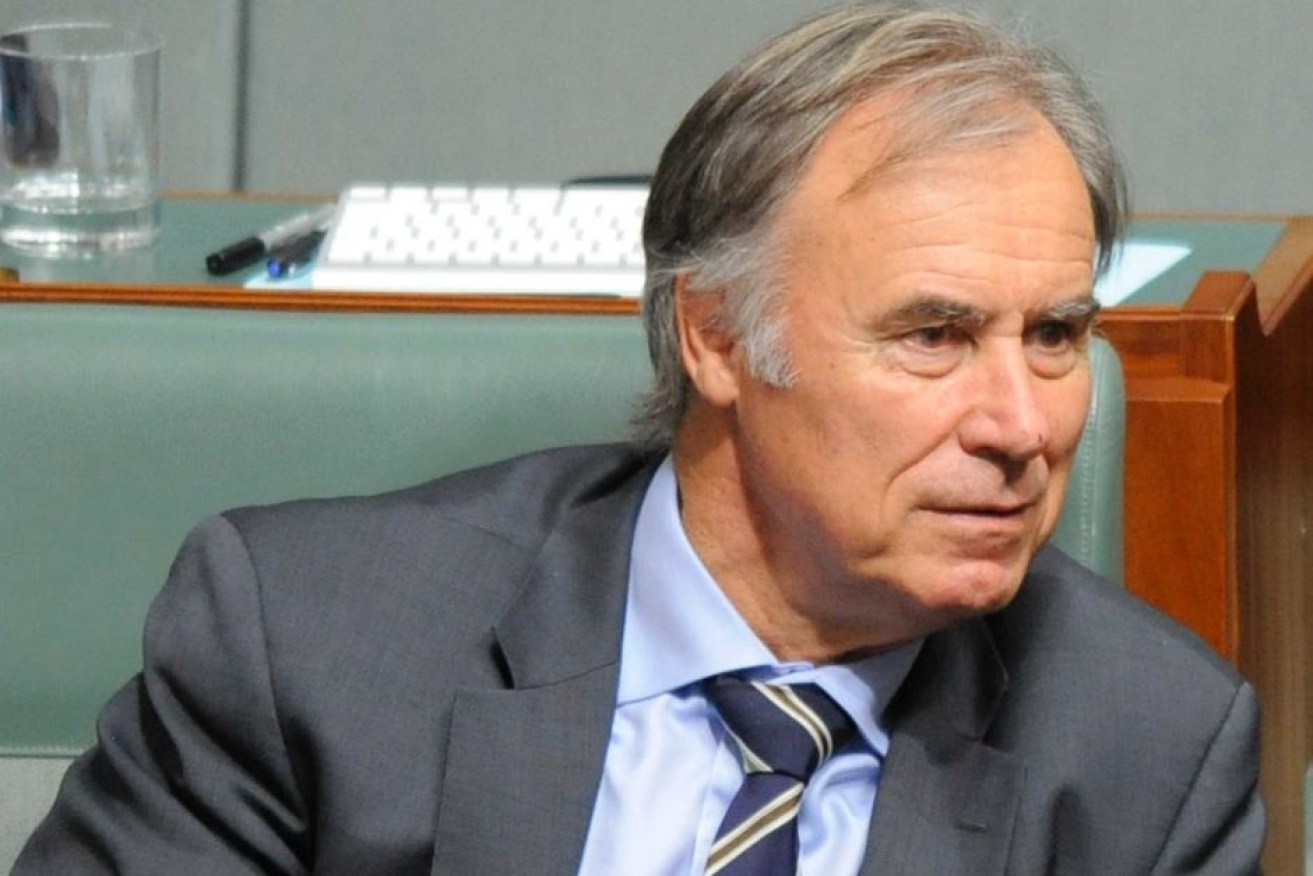Negative gearing driving house prices: MP

John Alexander could be a dual citizen if his UK-born father did not renounce his British citizenship. Photo: AAP
The Liberal MP who led a parliamentary inquiry into housing affordability has conceded negative gearing has contributed to the current spike in house prices.
Prime Minister Malcolm Turnbull has made it clear there will not be any changes to negative gearing in tomorrow’s budget, but the debate is still going on, as house prices in Sydney and Melbourne remain out of reach for many first homebuyers.
The high prices are the result of a combination of factors — supply and demand, record low interest rates, and the mining boom — but many first homebuyers also blame negative gearing, which gives investors a big advantage in the market.
• Budget will target high earners: Morrison
• This is who should benefit from the budget
• Kidman deal ‘contrary to national interest’
• Tycoon has 55 homes: you pay for negative gearing
Liberal MP John Alexander led an inquiry into affordability, and told ABC’s Four Corners program that negative gearing has led to a housing market “dominated by speculative investors”.

Negative gearing has been a controversial issue ahead of the election. Photo: Getty
“Too often we see the young couple getting beaten out at the auction, and then renting out the very place that they were trying to buy,” he said.
Last year, more than half of new home loans went to investors, rather than to people wanting to buy a place to actually live in.
“We’re travelling towards a market that is dominated by speculative investors. First homebuyers have really been unable to compete,” Mr Alexander said.
Parliament’s inquiry into housing affordability is due to report this year.
While his Liberal colleagues are singing the praises of negative gearing, Mr Alexander said it had helped to create the current price boom.
“Negative gearing has worked very well when it has provided affordable rental properties,” Mr Alexander said.
“The moment that it intrudes on the marketplace and stops young families from buying the house, that’s not ideal. And that’s what’s happened in this moment when interest rates have gotten so low.”
Millennials shut out of market
In 2016, the generational divide in Australia splits along suburban streets.
It used to be that houses cost, on average, three or four times average earnings.
Now, it is more like 10 times average earnings in Melbourne. In Sydney, it is over 12 while in the middle and inner suburbs, it can be much, much higher, forcing first homebuyers into eye-wateringly large mortgages, or out to the fringes of the cities.
Australia’s biggest ever housing boom has effectively shut millennials like Jules McKendry out of the market.
At 25, she and her partner have managed to save $150,000 for a deposit but they can not keep up with the rising price of houses.
Ms McKendry has bid at 20 auctions and says she has lost every one of them.
“With the savings I’ve got, and the money I earn, I wouldn’t have thought I would be so far away from buying a house,” she told Four Corners.
– ABC, with staff








